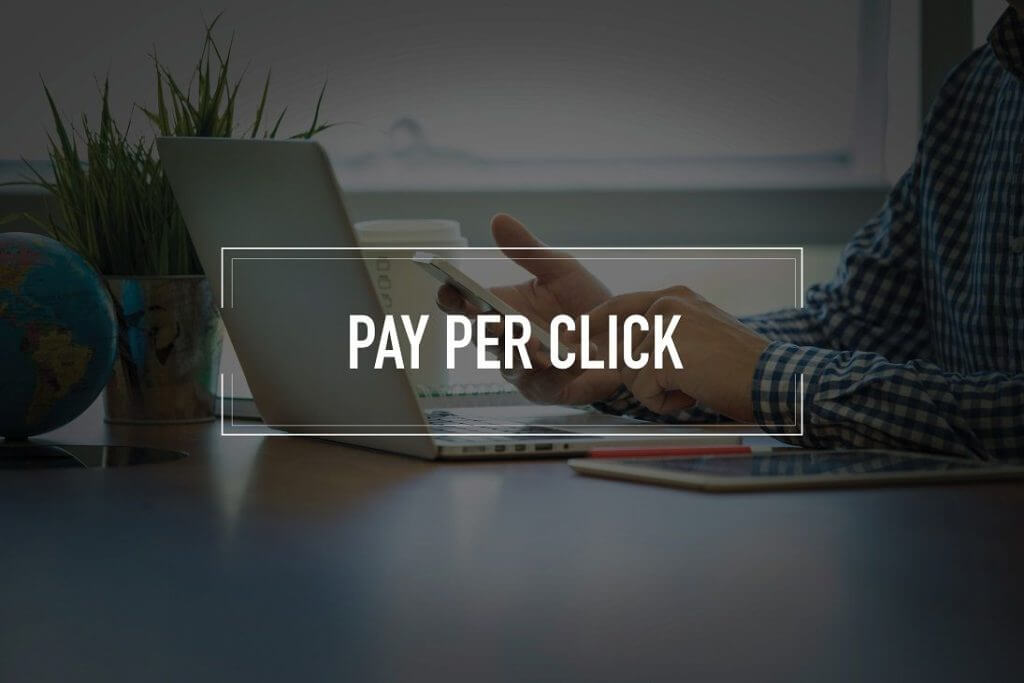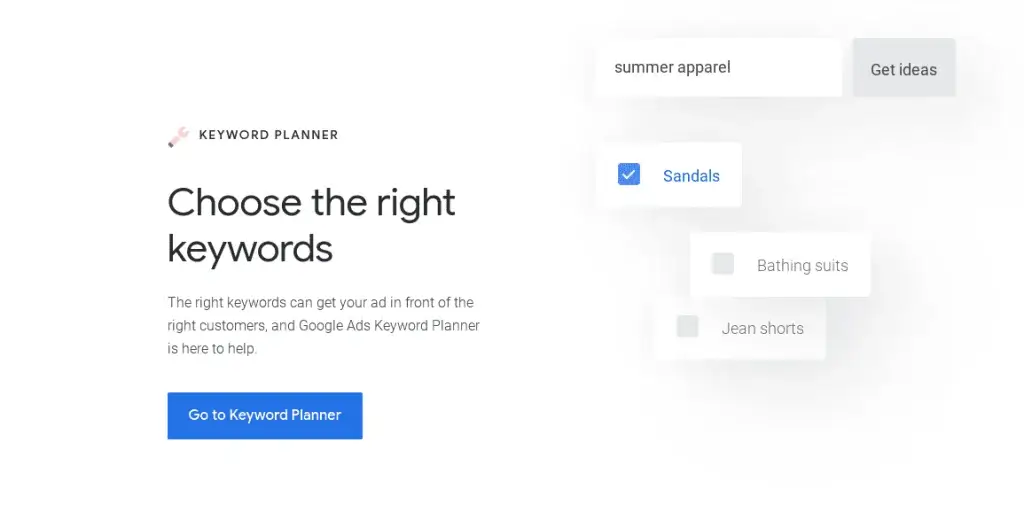Navigating the realm of digital marketing can be daunting, especially for those new to the field. With a myriad of strategies and platforms available, it’s often challenging to determine the most effective approach for your business. Questions arise about which methods will yield the highest return on investment (ROI) and which avenues are worth exploring.
Among the myriad of inquiries, one frequently posed question stands out: “Which is better, SEO or PPC?” This query underscores the fundamental debate between two prominent search engine marketing (SEM) strategies: search engine optimization (SEO) and pay-per-click (PPC) advertising. However, the answer to this question isn’t straightforward. It hinges on various factors such as the nature of the client’s product or service, their allocated budget, and their overarching business objectives.
In this comprehensive guide, we’ll delve into the intricacies of SEO and PPC, exploring their respective advantages, limitations, and suitability for different business scenarios. Whether you’re collaborating with an SEO agency to craft a customized digital marketing campaign or embarking on this journey independently, understanding the nuances of these SEM strategies is essential for making informed decisions and maximizing your marketing efforts.
A Brief Introduction to SEO
If you’ve perused our previous articles, you likely have a solid understanding of what SEO encompasses. Search Engine Optimization (SEO) involves the strategic implementation of various techniques such as keyword research, website optimization, content creation, link building, and more. These tactics are aimed at enhancing your website’s visibility in organic search results and driving higher levels of traffic. A well-rounded SEO campaign typically revolves around a robust content marketing strategy. By delivering valuable content and ensuring an excellent user experience, businesses can expect to see improvements in their search rankings, increased website traffic, and ultimately, a steady flow of inbound leads.
A Brief Introduction to PPC

Abbreviated as PPC, Pay-Per-Click advertising is a prominent form of online advertising that you’ve likely encountered while conducting Google searches, perhaps without even realizing it. These paid search ads are prominently displayed above and below organic search results, often taking precedence in Google’s search listings. They also feature prominently in local searches, appearing above the local map pack. Given their prominence, it’s no surprise that PPC ads constitute a primary revenue source for Google. As the name suggests, advertisers are charged a fee each time a user clicks on one of these ads. PPC campaigns are designed to drive traffic to your website through paid listings, effectively boosting your online visibility. Notably, PPC ads offer businesses a guaranteed placement on Page One of Google search results, making them a valuable tool for achieving immediate visibility. With effective management, either internally or by a digital marketing agency, PPC campaigns can be optimized to deliver a positive return on investment (ROI) over time.
Exploring the Advantages and Disadvantages of SEO
Given the intricate nature of search engine optimization (SEO), it’s important to acknowledge that executing a successful SEO campaign can be time-consuming. This aspect can pose challenges for businesses seeking quick results or an immediate surge in website traffic. While SEO holds the potential to generate sustainable, long-term traffic, impatience may arise among those expecting instant outcomes. Building organic traffic through SEO is a gradual process, often taking three to six months to achieve page one rankings for highly competitive keywords. Moreover, the ever-evolving nature of Google’s algorithm and search guidelines means that SEO strategies must continually adapt to remain effective.
Despite these challenges, the popularity of SEO services persists due to their indispensable role in securing long-term online success. With the majority of consumers relying on Google to discover new businesses, achieving visibility on page one of search results is essential for tapping into this lucrative source of leads. In essence, Google serves as the contemporary equivalent of a phone book, making an effective SEO strategy imperative for businesses aiming to attract new customers in the digital age.
Exploring the Advantages and Disadvantages of PPC
While enhancing your SEO offers no guarantee of securing a page one ranking in search results, pay-per-click (PPC) advertising ensures immediate prominence on key search result pages. This guarantees instant lead generation, providing businesses with a tangible advantage. However, as previously mentioned, this immediacy comes at a cost. Without proper optimization of web design and user experience, clicks garnered through PPC may fail to convert into leads or sales. Additionally, studies indicate that a significant portion of internet users disregards paid advertisements, underscoring the importance of relevance in PPC ad campaigns.
Nevertheless, PPC can serve as a viable option for small firms or startups seeking to garner attention, especially if they encounter challenges in kickstarting their SEO endeavors. Furthermore, PPC offers scalability, allowing businesses to adjust their advertising expenditure based on their budgetary constraints without compromising user experience. However, discontinuing PPC campaigns can result in a sudden drop in leads, unlike SEO efforts, which maintain site optimization over time, albeit subject to evolving best practices.
How to Decide Between SEO and PPC
SEO and PPC are both methods used in search engine marketing to drive traffic to your website. However, if this is unfamiliar territory for you, you might be uncertain about which approach would be more beneficial for your business. By considering the following questions, you can gain clarity on the matter.
How does your budget stack up?
Your marketing budget is a critical factor in determining the most suitable approach between SEO and PPC. If you have a substantial daily advertising budget or can allocate funds for short-term marketing campaigns, PPC might emerge as a viable option. This is particularly relevant if you’re capable of experimenting with larger budgets for brief durations. Conversely, if your monthly marketing budget is limited, SEO could present a more cost-effective solution. This is especially true in industries such as law, technology, or insurance, where PPC ads tend to command high costs. Unless you’re equipped with a sizable budget, typically around $5,000 per month or more, SEO may offer more favorable returns on investment.
Are you willing to wait for results?
PPC offers the advantage of delivering immediate results, whereas SEO requires patience as it involves a gradual process to achieve organic growth. With SEO, results may not manifest immediately, but it’s crucial to trust the process and allow sufficient time for organic strategies to yield results. Conversely, if you require immediate clicks and are prepared to invest in them, PPC can provide instant visibility and traffic to your website.
What’s your average customer revenue?
One of the significant advantages of PPC lies in its ability to track return on investment accurately. With PPC advertising, you can calculate the cost-per-acquisition precisely, making it an ideal choice for products or services with high customer revenue. However, not all products or services may be suitable for PPC ads. For instance, low-cost items may not justify the expense of PPC advertising, whereas high-value products or services can yield a high return on investment from PPC campaigns.
Are you targeting specific demographics or time-sensitive leads?
PPC offers precise targeting options, allowing you to tailor your ads to specific demographics or promote time-sensitive offers effectively. This granularity of targeting is a significant advantage, especially when you want to reach a particular audience segment or capitalize on time-sensitive promotions. In contrast, SEO is a long-term strategy that may not be as suitable for time-sensitive promotions. While SEO can attract a broad audience through techniques like local SEO, it lacks the precise targeting capabilities of PPC.
Do you prioritize site value or keyword dominance?

SEO can generate significant traffic for specific keywords over time, but achieving top rankings can be challenging, especially for competitive keywords. With PPC, your ads appear above organic results, providing immediate visibility for targeted keywords. However, PPC does not contribute to your site’s overall value or authority. In contrast, SEO improves your site’s organic ranking and credibility over time, enhancing its value and authority within your industry. Therefore, the choice between SEO and PPC may depend on whether you prioritize immediate keyword dominance or long-term site value and authority.
Concluding Remarks on SEO Vs. PPC…
Many businesses opt not to choose between SEO and PPC; instead, they leverage both methods simultaneously to strengthen their overall digital marketing strategy. This approach is often favored because it offers a diversified strategy, which tends to yield better results. By adopting this combined approach, businesses mitigate the risk of relying solely on one method, ensuring more comprehensive coverage and potentially higher returns. By investing in both SEO to improve organic visibility and PPC for instant lead generation, businesses gain greater control over their marketing outcomes. This integrated strategy allows PPC ads to deliver immediate results while waiting for the longer-term benefits of SEO efforts to materialize.
However, executing such a multifaceted strategy can be challenging for many businesses, especially those lacking the necessary expertise and resources. This is where the expertise of a professional Dallas SEO agency becomes invaluable. Our team specializes in crafting tailored search engine marketing strategies that address all aspects of your business’s needs. If you’re struggling to decide between SEO and PPC or seeking a comprehensive digital marketing solution that fits your budget, reach out to us today. Let our seasoned professionals design a custom digital marketing plan that delivers tangible results for your business.
FAQs
Q1: What are the main differences between SEO and PPC?
A1: SEO (Search Engine Optimization) involves optimizing your website and content to achieve higher rankings in organic (non-paid) search engine results. It focuses on improving website structure, keyword usage, content quality, and backlinks to increase visibility naturally over time. PPC (Pay-Per-Click) advertising, on the other hand, involves paying for ads to appear at the top of search engine results pages or on other websites. You bid on keywords, and each time someone clicks your ad, you pay a fee. PPC provides immediate visibility but requires ongoing investment.
Q2: How long does it take to see results from SEO compared to PPC?
A2: SEO is a long-term strategy that can take several months to see significant results. It involves continuous optimization and content creation to build authority and improve rankings over time. PPC delivers immediate results. Once your campaign is live, your ads can start appearing and generating traffic right away. However, the traffic stops as soon as you stop paying for ads.
Q3: Which one is more cost-effective, SEO or PPC?
A3: SEO is generally more cost-effective in the long run because it involves organic growth and doesn’t require ongoing payments for clicks. However, it requires an initial investment in time and resources to optimize your site and create quality content. PPC can be more costly over time since you pay for each click, but it allows for precise budget control and immediate results, making it effective for short-term campaigns or specific promotions.
Q4: Can SEO and PPC be used together?
A4: Yes, SEO and PPC can be used together for a comprehensive digital marketing strategy. Using both can maximize visibility, as SEO helps with long-term organic growth while PPC provides immediate traffic and visibility. Combining both strategies can also help you dominate search engine results pages and gather more data on keyword performance and user behavior.
Q5: Which should I choose for my business, SEO or PPC?
A5: The choice between SEO and PPC depends on your business goals, budget, and timeline. If you’re looking for long-term growth and have the patience to wait for results, SEO is a great option. If you need immediate traffic and have a budget for advertising, PPC is suitable. Many businesses find that a balanced approach, leveraging both SEO for sustainable growth and PPC for quick wins, works best.



